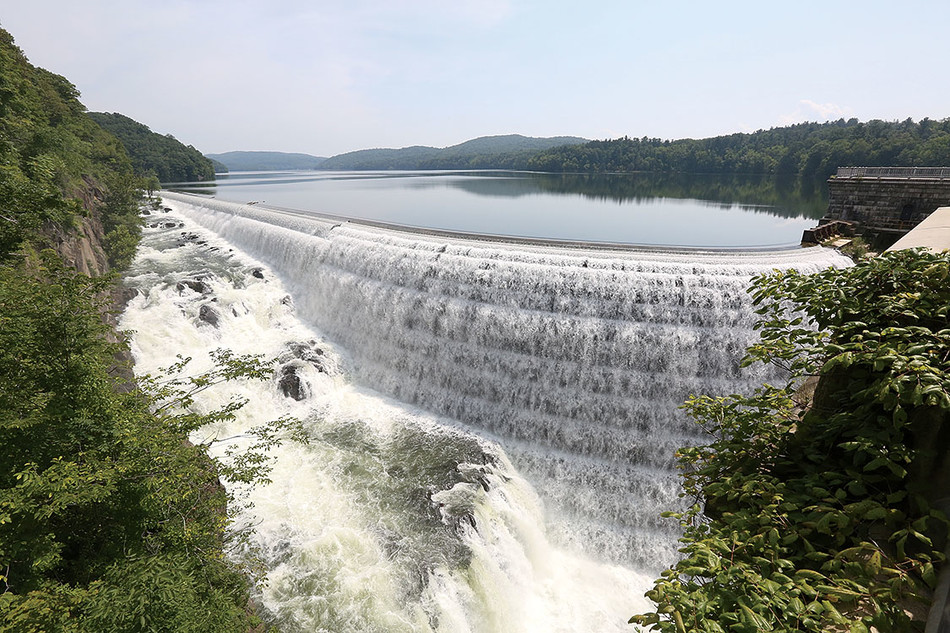Columbia’s Center for Climate Systems Research (CCSR) has been awarded nearly $3 million in federal funding to study the potential impact of climate change on New York City’s water supply and to find ways to reduce that impact. As part of the study, Columbia scientists will help develop a strategy to ensure that farms north of the city do not resort to land-management practices that risk contaminating waterways.
The new study will be conducted by CCSR’s Agricultural Model Intercomparison and Improvement Project, which develops computer models to anticipate the effects of climate change on agricultural productivity, together with the Watershed Agricultural Council, a nonprofit that promotes environmentally sustainable farming practices. (New York City’s water system collects surface water from two thousand square miles of land in three upstate watersheds where farms are ubiquitous, necessitating close cooperation between agricultural and water officials.)
“This project provides a wonderful opportunity for the Agricultural Model Intercomparison and Improvement Project to apply the best of our agriculture and climate research and modeling to help farmers respond to the climate crisis,” says Columbia climatologist and agronomist Cynthia Rosenzweig, who is overseeing the effort. “It’s a fantastic opportunity for the team to support the development of climate-resilient farm and land management practices and to facilitate the work of New York City to protect its drinking-water resources.”



